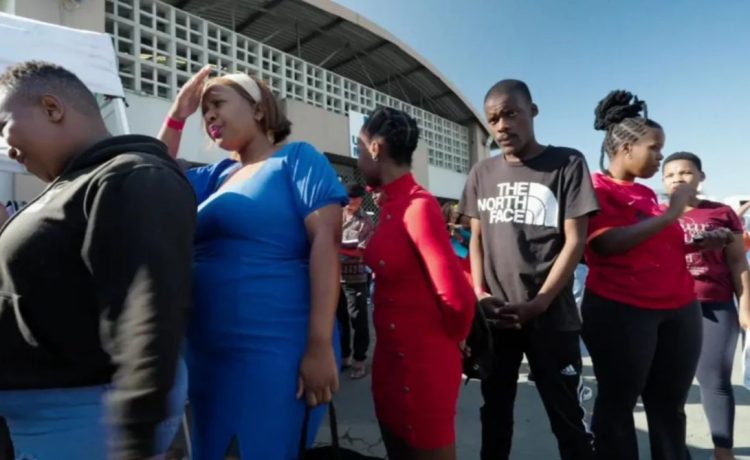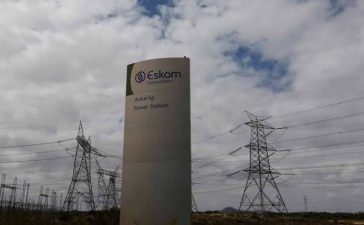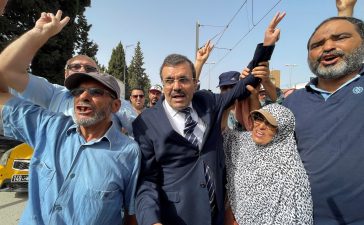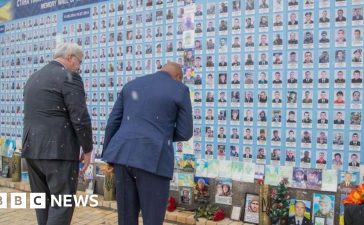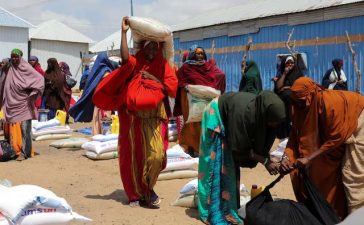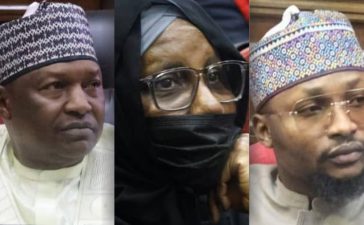Hundreds of job seekers flocked to a government-organized job fair in Umlazi township, Durban, underscoring South Africa’s severe unemployment crisis just days before the May 29 general election. With national unemployment at 33% and youth unemployment at a staggering 46%, many South Africans are expressing deep frustration with the ruling African National Congress (ANC) and its unfulfilled promises.
The job fair aimed to connect job seekers with employment opportunities and offer skills training, but it also revealed the broader economic struggles overshadowing the political campaigns. Attendees like 37-year-old Mondli Magwaza voiced their desperation and disappointment. “We’ve been hearing promises for years, but nothing changes,” Magwaza said.
The ANC, facing its toughest electoral challenge since the end of apartheid in 1994, is contending with growing public dissatisfaction. The party’s initiatives to tackle unemployment, such as job fairs and skills training programs, have had some success but remain hampered by enduring structural issues from apartheid, significant economic disparities, and insufficient investment.
Political rivals are proposing varied solutions to the unemployment crisis. The Democratic Alliance (DA) advocates for economic transformation and growth strategies, while the Economic Freedom Fighters (EFF) push for nationalization policies to redistribute wealth and resources.
Despite these proposals, the unemployment crisis continues to be a critical issue shaping voter sentiment. As the general election approaches, the effectiveness of these solutions and the ability of political parties to address the economic woes of South Africans remain under intense scrutiny.
“The ANC must deliver real change if it hopes to regain the trust of the people,” said political analyst Thabo Mokoena. “Otherwise, we might see a significant shift in the political landscape come election day.”

